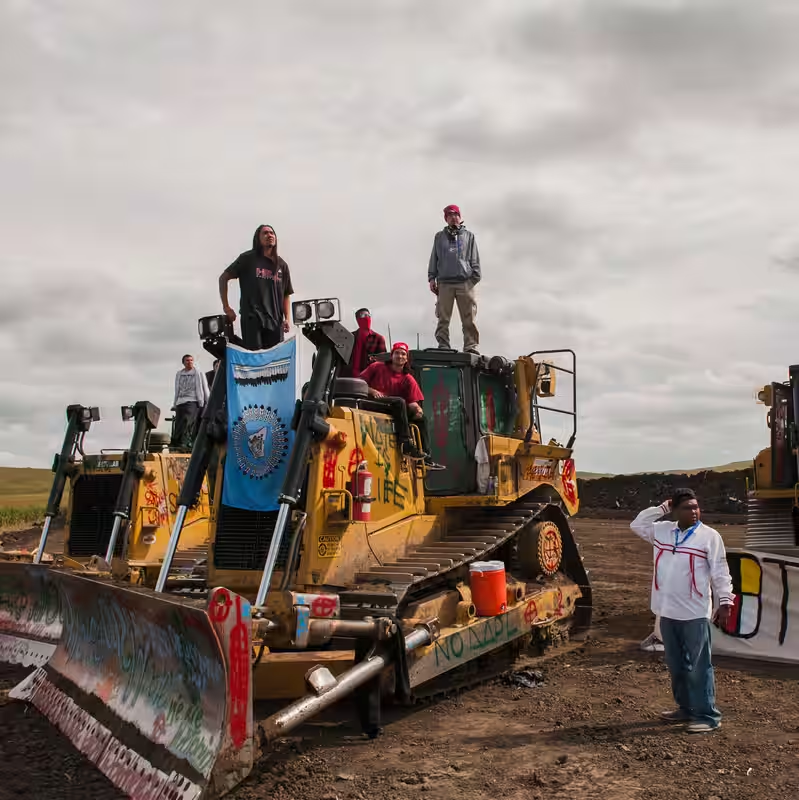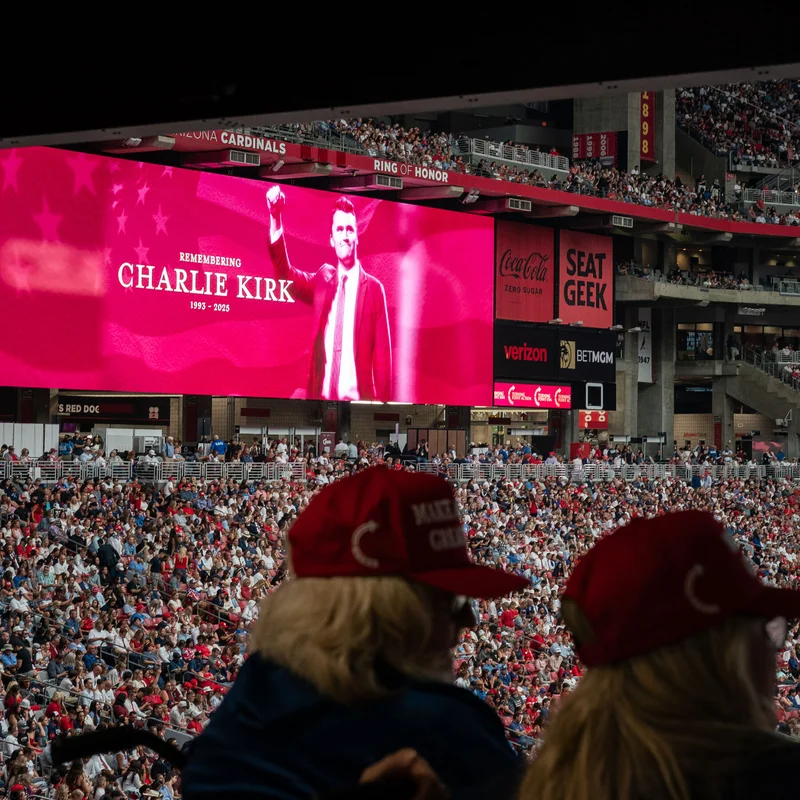Table of Contents
- Judge Cuts $667M Verdict in Half
- The Dakota Access Pipeline Lawsuit Explained
- Greenpeace Reacts to Reduced Penalty
- Energy Transfer Stands by Original Claim
- What This Ruling Means for Activist Groups
- Pipeline Protests and Corporate Retaliation
- Sources
Judge Cuts $667M Verdict in Half
In a major development for environmental activism and corporate litigation, a North Dakota judge has slashed the jury-awarded damages against Greenpeace in the Dakota Access Pipeline defamation case by nearly 50%. The original $667 million verdict—delivered in June 2025—has been reduced to approximately $345 million.
Presiding Judge Daniel Hovland ruled that while Greenpeace’s campaign against the pipeline included misleading statements, the original award was “excessive and disproportionate” under constitutional due process standards. The reduction applies to both compensatory and punitive damages previously granted to Energy Transfer, the pipeline’s operator.
The Dakota Access Pipeline Lawsuit Explained
The lawsuit stems from Greenpeace’s vocal opposition to the Dakota Access Pipeline (DAPL), a 1,172-mile oil conduit running from North Dakota to Illinois. Energy Transfer sued Greenpeace and other environmental groups in 2017, alleging they conspired to defame the company and sabotage the project through false claims about environmental risks and Indigenous land rights violations.
A federal jury in North Dakota sided with Energy Transfer this summer, finding that Greenpeace had engaged in a “coordinated disinformation campaign.” The verdict marked one of the largest defamation awards in U.S. history—and raised alarms among press freedom and climate advocacy organizations.
Greenpeace Reacts to Reduced Penalty
Greenpeace USA called the judge’s reduction “a step in the right direction” but maintained the entire case was an attempt to silence dissent. “This lawsuit was never about truth—it was about punishing peaceful protest,” said Ebony Twilley Martin, co-executive director of Greenpeace USA. “We’re relieved the court recognized the original award was wildly out of bounds.”
The group plans to appeal the underlying verdict, arguing that its statements were protected under the First Amendment as opinion and advocacy, not factual defamation.
Energy Transfer Stands by Original Claim
Energy Transfer expressed disappointment with the reduction. In a statement, the company said it “respects the court’s decision but believes the full extent of damages was justified given the scale of the harm caused by Greenpeace’s false narratives.”
The company claims the activist campaign cost it billions in delays, lost revenue, and reputational damage during the height of the Standing Rock protests in 2016–2017.
What This Ruling Means for Activist Groups
Legal experts say the reduced award may set a precedent limiting the use of massive defamation judgments to chill environmental activism. “Courts are increasingly wary of weaponizing tort law against advocacy,” said First Amendment attorney Katie Fallow. “This ruling reaffirms that even controversial speech gets constitutional protection.”
However, the fact that Greenpeace was found liable at all remains concerning for civil society groups. The case could encourage other corporations to pursue similar lawsuits—a tactic known as SLAPP (Strategic Lawsuit Against Public Participation).
Pipeline Protests and Corporate Retaliation
The Dakota Access Pipeline became a flashpoint for Indigenous rights and climate justice after the Standing Rock Sioux Tribe led mass protests in 2016. Thousands of activists, including celebrities and veterans, joined the encampment, drawing global attention.
Since then, Energy Transfer has filed multiple lawsuits against activists, journalists, and nonprofits. Critics argue these legal actions are designed to intimidate and drain resources from grassroots movements.
With the penalty now halved but still substantial, the Greenpeace case continues to spotlight the high stakes of speaking out against powerful energy interests in America.




